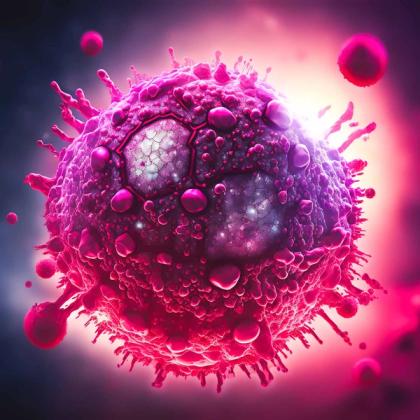This podcast episode is worth 0.62 CPD credits. Upgrade to Pro
Ep 160 – Rethinking HIV: dealing with a positive test result

Posted 12 Jun 2025
Dr James Waldron, Dr Grace Bottoni, Dr Mel Rosenvinge
What if one of the most misunderstood diagnoses of the past is now one of the most manageable chronic conditions? How can GPs play a pivotal role in tackling stigma, increasing testing and improving outcomes for people living with HIV?
Dr James Waldron is joined by Dr Grace Bottoni (HIV and Hepatitis C GP Champion, Lewisham) for a series of podcasts about HIV. Together, they explore a range of topics with experts in the field. In this second episode, they talk with Dr Mel Rosenvinge (Consultant HIV Specialist, Lewisham and Greenwich NHS Trust) about what happens after a positive test result and how to help support people living with HIV. Listen to find out about the next steps in primary care.
Key take-home points
- Reframe the diagnosis: HIV is now a manageable, treatable condition. Your language as a GP can make a lasting difference in reducing fear and stigma.
- Undetectable is untransmissible ("U=U"). This is our aim for all our patients and a message for clinicians and patients alike.
- Break the news sensitively: don’t rush. Allow enough time for the consultation, ideally face-to-face. If possible, contact the local HIV clinic beforehand for advice and support.
- Stay calm and confident. A positive HIV test may be rare in general practice, but it does not need to be overwhelming. Deliver the news with empathy and clarity, just as you would any serious diagnosis.
- Contact your local HIV clinic early. They can advise on confirmatory testing, offer peer-support options and often see patients within days.
- In some areas, confirmatory testing is arranged by the HIV clinic. It is worth checking your local pathway.
- Understand what patients care about, such as waiting times, access to counselling and peer support. Being prepared helps to set realistic expectations.
- Most HIV clinics see patients within days. A clinical nurse specialist often provides in-depth support at the first visit.
- At the HIV clinic:
- Treatment starts quickly
- Care is free, which is often surprising to patients
- Long-term follow-up includes routine reviews and viral load monitoring.
- If there has been recent unprotected sex in the past 72 hours, partners may be eligible for post-exposure prophylaxis.
- Ask patients about breastfeeding and unwell partners, as these may necessitate urgent action.
- Contact tracing and confidentiality are usually handled by the HIV team, but GPs should understand the basics.
- Watch for drug interactions, for example with statins or inhaled steroids. (See HIV drug interactions checker in the references section.)
- Encourage people to have annual smears and to stay up-to-date with flu and pneumococcal vaccines.
- Consider cardiovascular risk; discuss statins with patients over the age of 40, particularly those with a greater than 5% QRISK3.
Related references
Create an account to add page annotations
Annotations allow you to add information to this page that would be handy to have on hand during a consultation. E.g. a website or number. This information will always show when you visit this page.